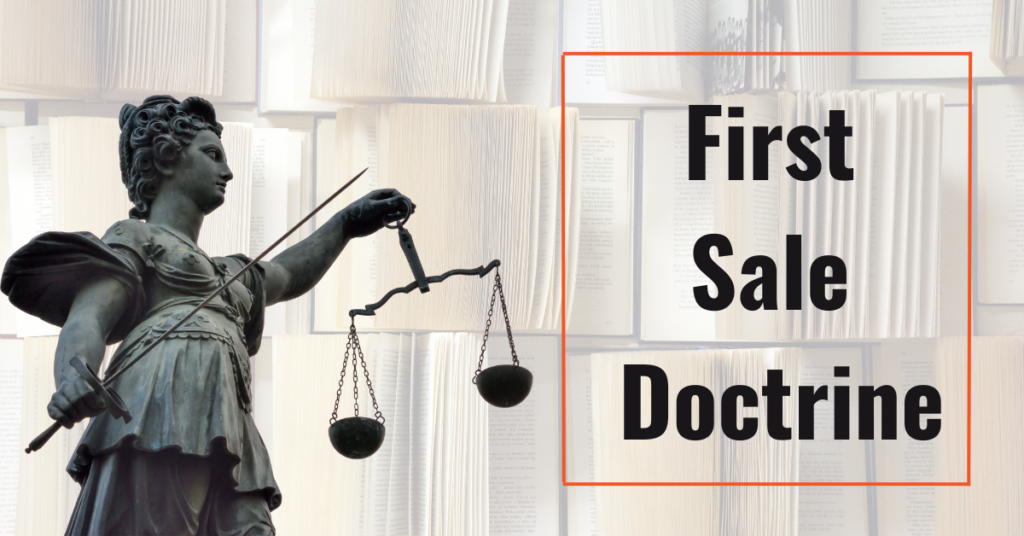
Opening a book is like opening a door to a whole new world. For many avid readers, the thought of owning and running their own bookstore is a dream come true. It can offer a sense of fulfillment and satisfaction to see people come in and leave with a book in hand. However, starting a bookstore business is no easy feat. It requires careful planning, research, and execution to make it a success.








